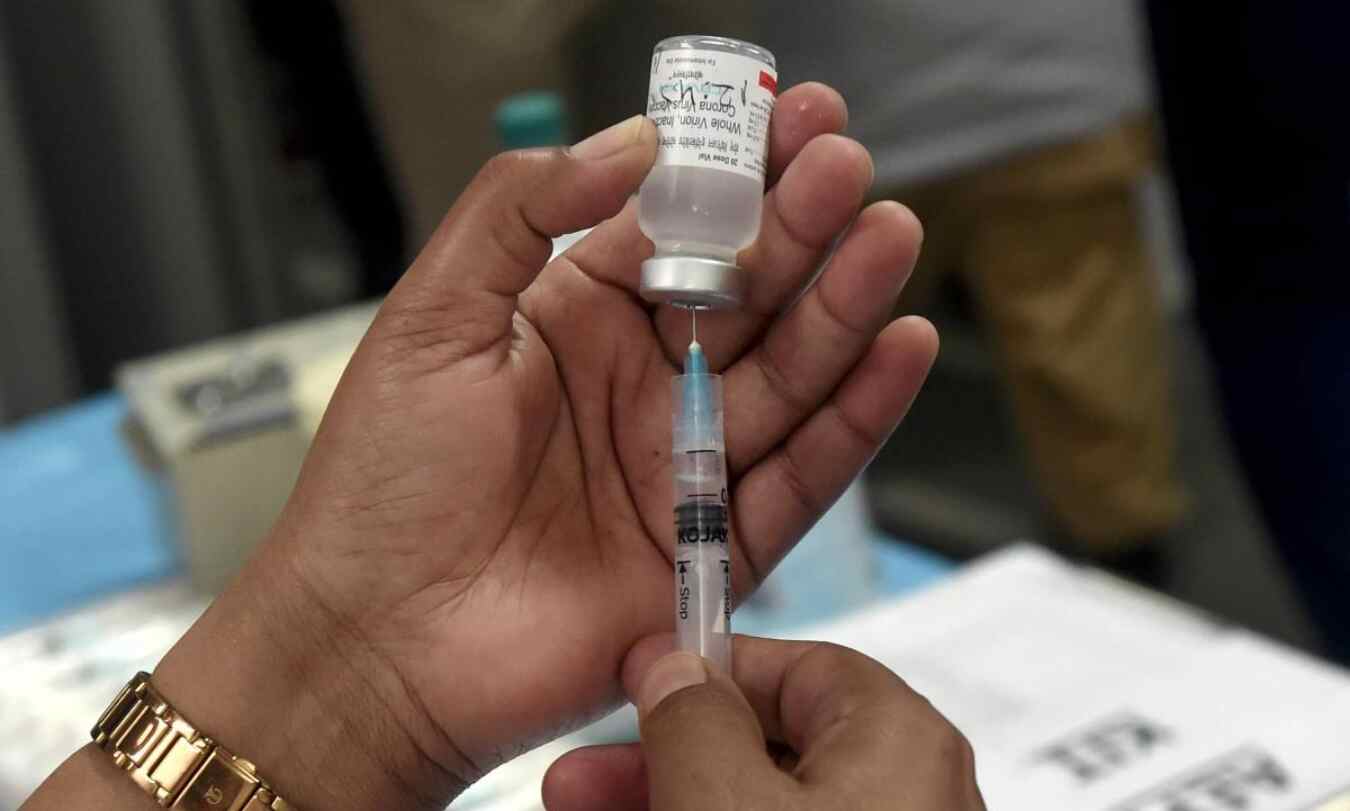Finding the right balance
Vaccine diplomacy will work well if India produces adequate doses for its citizens; write Abhinav Mehrotra & Biswanath Gupta

As the second wave of the novel coronavirus disease (COVID-19) takes its toll in India, a plethora of questions are being raised by the opposition parties regarding the feasibility of Vaccine Maitri (vaccine friendship), an initiative taken up earlier this year. The initiative is in accordance with the 'Neighbourhood First' policy enunciated by Prime Minister Narendra Modi at the beginning of his first term in 2014.
Under the initiative, neighbouring countries Bhutan and Maldives received 5,50,000 and 3,12,000 vaccines; Bangladesh received 10,300,000, Nepal 2,448,000 and Myanmar 3,700,000. Brazil and Morroco also received 4,000,000 and 7,000,000 doses, respectively.
This is something that India has done in the past as well, inspired by its ancient philosophy Vasudeva Kutumbakam that means the world is one family, especially in times of disaster and distress.
According to 'Medicine sans Frontier', 67 per cent of medicines produced in India are exported to developing countries. Moreover, out of total tourists arriving in India in 2019, 6.4 per cent come for medical treatment in India.
The prime challenge that Covid-19 has thrown to civilisation is the restriction over travelling from one part of the world to another. The modern economy depends more on people's movements. The globalisation of the economy is under serious crisis due to the restriction of our movements.
One of the ways we can restrict the virus from spreading is to develop herd immunity. Herd immunity can be developed if much of the population has either been affected by COVID-19 or if maximum people develop immunity through vaccines.
The second option is obviously better for any country. Therefore, speedy vaccination is essential for saving our life and economy.
But the Indian economy has close connections with its neighbouring countries. Therefore, unless herd immunity develops there as well, it is very difficult for us to restrain this virus.
At present, when the country is running short of vaccines, the government must invest more in infrastructure to develop more vaccines. Regulatory mechanisms must allow a greater number of vaccine candidates to enter and roll out their vaccines in the Indian market. Therefore, it is essential to rethink the vaccination process and COVID-19 management in the country.
Coming back to the Vaccine Maitri initiative, India not only exported doses of vaccines but also collaborated with its neighbours on vaccine trials by making its medical and public health expertise and capacity available to the entire South Asian region.
For example, under the Indian Technical and Economic Cooperation Programme, the country provided e-training to medical professionals of the South Asian countries. These initiatives signify that if help could be extended to other countries, then such benefits must reach the citizens of the country as well.
There have been doubts regarding the effectiveness of vaccines. These doubts have been based on the assumption that the government is trying to hide, through advertisements and other means, that many who have taken vaccines do not exhibit side effects.
There are also doubts regarding the durations between vaccine doses. Though the government came out with clarifications, this direction of the government, somehow, is not clear in the mind of the people. Such assumptions assume significance because the written undertaking by individual recipients exonerates the vaccine-producing companies from responsibility.
What needs to be understood is how to find the balance between exporting vaccines as a common good, as well as avoiding the negative repercussions of the Vaccine Maitri initiative on the vulnerable Indians.
It cannot be emphasised enough that vaccine diplomacy will work well if India produces adequate doses for its citizens.
Seen in this light, the central government needs to assume the role expected from it to ensure that COVID-19 appropriate behaviour is followed by wearing masks and maintaining social distancing.
Further, the government must ramp up medical infrastructure and intensify vaccination drives by supplying adequate vaccines to the state governments. It should also help people overcome vaccine hesitancy and ensure the long-term benefits of "Tika Utsav". DTE
Views expressed are personal



